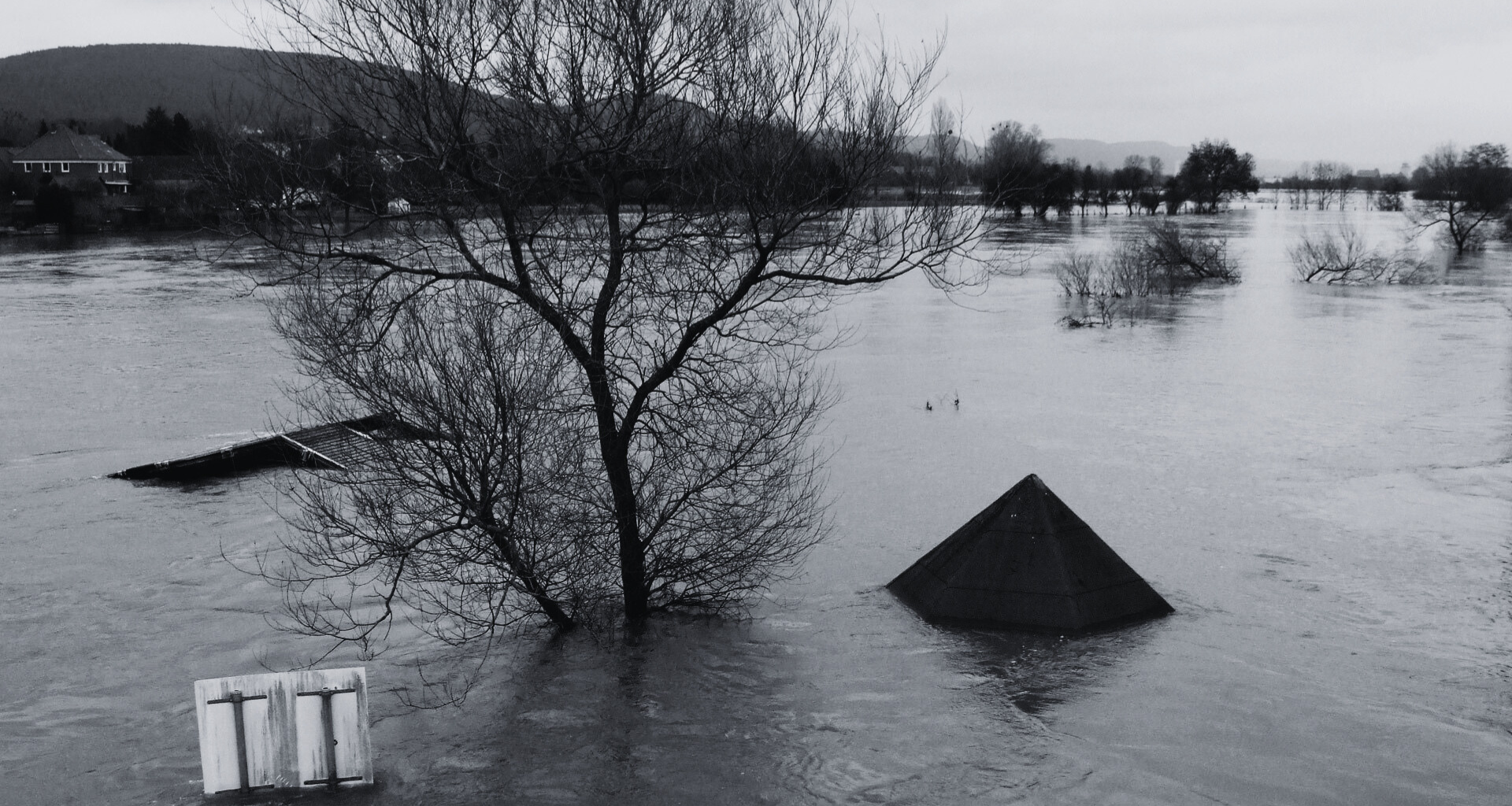By Gulnaz Shaikh
Climate, Cultural, and Social Activist
The 16 Days of Activism Against Gender-Based Violence is a global initiative celebrated annually to highlight the injustices women face and advocate for their rights. Throughout these 16 days, organizations and women-centric institutions shed light on various forms of discrimination. Among these, the challenges faced by women in disaster-hit areas, particularly in Pakistan, demand urgent attention. Women in regions like Sindh face heightened vulnerabilities during natural disasters such as floods. The increasing frequency and intensity of these events, driven by climate change, have exacerbated gender-based violence, transforming it into a new and pressing threat for women.
Natural disasters disrupt communities indiscriminately, but their impacts on women are disproportionately severe. Women often bear the brunt of caregiving and resource management during crises, leaving them little room to prioritize their safety. During the 2022 floods in Sindh, alarming reports of harassment and exploitation emerged from overcrowded relief camps, underscoring how disasters magnify existing gender inequalities.
Women’s struggle for dignity becomes even more challenging in disaster settings. Limited access to proper sanitation facilities often compels them to avoid public toilets for fear of being seen inappropriately dressed or without a veil. This avoidance, while born out of a need for safety, exacerbates health issues and increases the risk of sexual harassment, especially when women are forced t o use open areas for sanitation.
The aftermath of disasters frequently leads to a breakdown in law enforcement and social norms, creating a fertile ground for gender-based violence (GBV). Displaced women and girls, already grappling with loss and displacement, often find themselves relying on unfamiliar spaces where they face grave risks. Sexual exploitation becomes a tool of survival, with perpetrators demanding food, shelter, or resources in return. Tensions within families due to displacement often lead to domestic violence, while financial burdens push families into marrying off their daughters at a young age.
Addressing these deeply entrenched issues is a shared responsibility. Women experience and react to disasters differently, making it imperative to incorporate their perspectives into disaster risk management strategies. Climate change has amplified the severity of natural disasters, intensifying the vulnerabilities faced by women in affected areas. Combating gender-based violence in these contexts requires collective action from governments, non-governmental organizations, and communities.
The 16 Days of Activism serves as a powerful reminder of the urgent need to protect women’s rights, even in the chaos of disaster scenarios. Women are often portrayed as victims of these crises, are also agents of change. Empowering them and ensuring their active participation in decision-making processes can lead to more effective and inclusive disaster response strategies.
One such effort is the Eco-Saheli initiative, which focuses on fostering resilience and empowering communities through collective action. By prioritizing women’s safety, dignity, and agency, initiatives like these paves the way for a future that is safer, more inclusive, and equitable. Through meaning collaboration, we can all contribute to building a better tomorrow.

2 Comments
Nicely Written!
[…] ultimate goal is to establish an institution for disabled women where they receive education, accommodation, religious teachings, and specialized training tailored […]